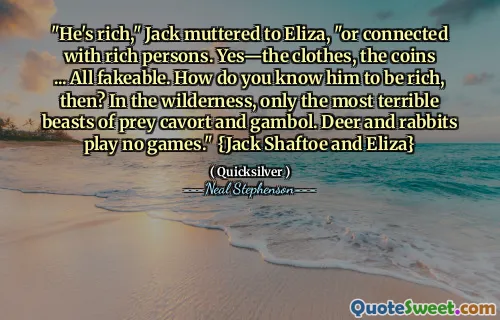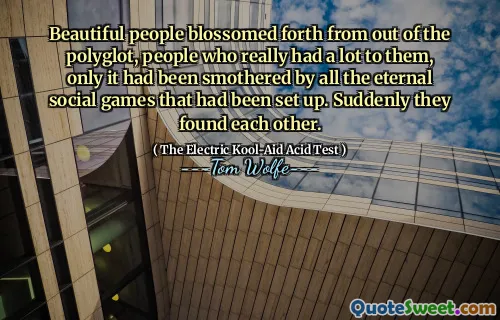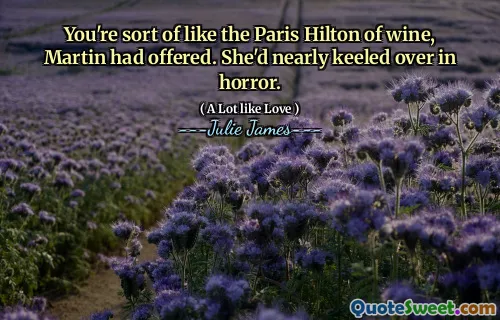
With him big Phil from Notting Hill, an old 'face' from the sixties, a pin-up gangster with a 'Mars Bar', weal scraping his left cheek, and of course two 'wag' slags in tow, trussed up like French Poodles with 'Bratz babe' stares and Gucci handbags.
This vivid excerpt paints a picture of a distinct subculture within a specific urban context, evoking images of individuals who embody a mixture of nostalgia, bravado, and material fixation. The character of Big Phil from Notting Hill symbolizes a kind of local persona, someone rooted in a familiar neighborhood, yet infused with a sense of rugged charm and history. Describing him as an 'old face from the sixties' hints at a longstanding presence, possibly a relic of a bygone era when style and attitude held particular significance.
The inclusion of a 'pin-up gangster' with a 'Mars Bar' and injuries like a 'wheal scraping his cheek' adds layers of gritty realism intertwined with pop culture references. The Mars Bar might symbolize small pleasures or a nostalgic signifier, contrasting with the harsh reality suggested by the injury. The two women, described as 'wag slags,' dressed and restrained like French Poodles with 'Bratz babe' stares and Gucci handbags, represents the commodification of youth and beauty, where fashion and superficial appearances become markers of status. Their portrayal highlights societal obsessions with designer labels and the performative aspect of identity, often tied to wealth and materialism.
Overall, this passage offers a snapshot of a layered social tableau, blending elements of urban culture, class distinctions, gender roles, and consumerism. It captures the multi-faceted nature of a specific demographic involved in both gritty street life and high-end fashion, revealing underlying themes of identity, memory, and aspiration amid a backdrop of social disparity.
( Slide, a Modern Satire on the Excess of Greed ) - Saira Viola




